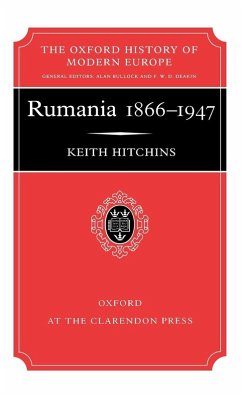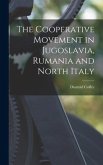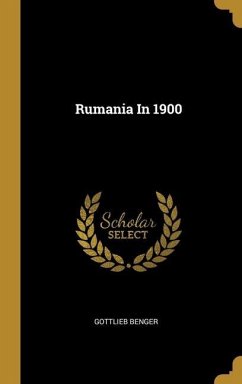After the Second World War, when the Communist Party came to power, this historical continuity was broken. The experiment in nation-building gave way to a new ideology, and Rumania now turned to the Soviet political and economic model.
This latest volume in the acclaimed Oxford History of Modern Europe series looks at the collapse of Communist power which has once again focused attention on the processes of nation-building in central and eastern Europe. In this comprehensive study, Keith Hitchins focuses on how Rumania's political and intellectual elites attempted to establish an independent state before the advent of Communist rule in 1947. It traces the efforts of the country's leaders to create the institutions of a modern state, to "Europeanize" without losing national identity, and to find ways of preserving independence in the international political and economic order dominated by the great powers. In his study, Hitchins emphasizes how Rumania's past history is essential to a clear understanding of its complex present and future.
Hinweis: Dieser Artikel kann nur an eine deutsche Lieferadresse ausgeliefert werden.
This latest volume in the acclaimed Oxford History of Modern Europe series looks at the collapse of Communist power which has once again focused attention on the processes of nation-building in central and eastern Europe. In this comprehensive study, Keith Hitchins focuses on how Rumania's political and intellectual elites attempted to establish an independent state before the advent of Communist rule in 1947. It traces the efforts of the country's leaders to create the institutions of a modern state, to "Europeanize" without losing national identity, and to find ways of preserving independence in the international political and economic order dominated by the great powers. In his study, Hitchins emphasizes how Rumania's past history is essential to a clear understanding of its complex present and future.
Hinweis: Dieser Artikel kann nur an eine deutsche Lieferadresse ausgeliefert werden.








